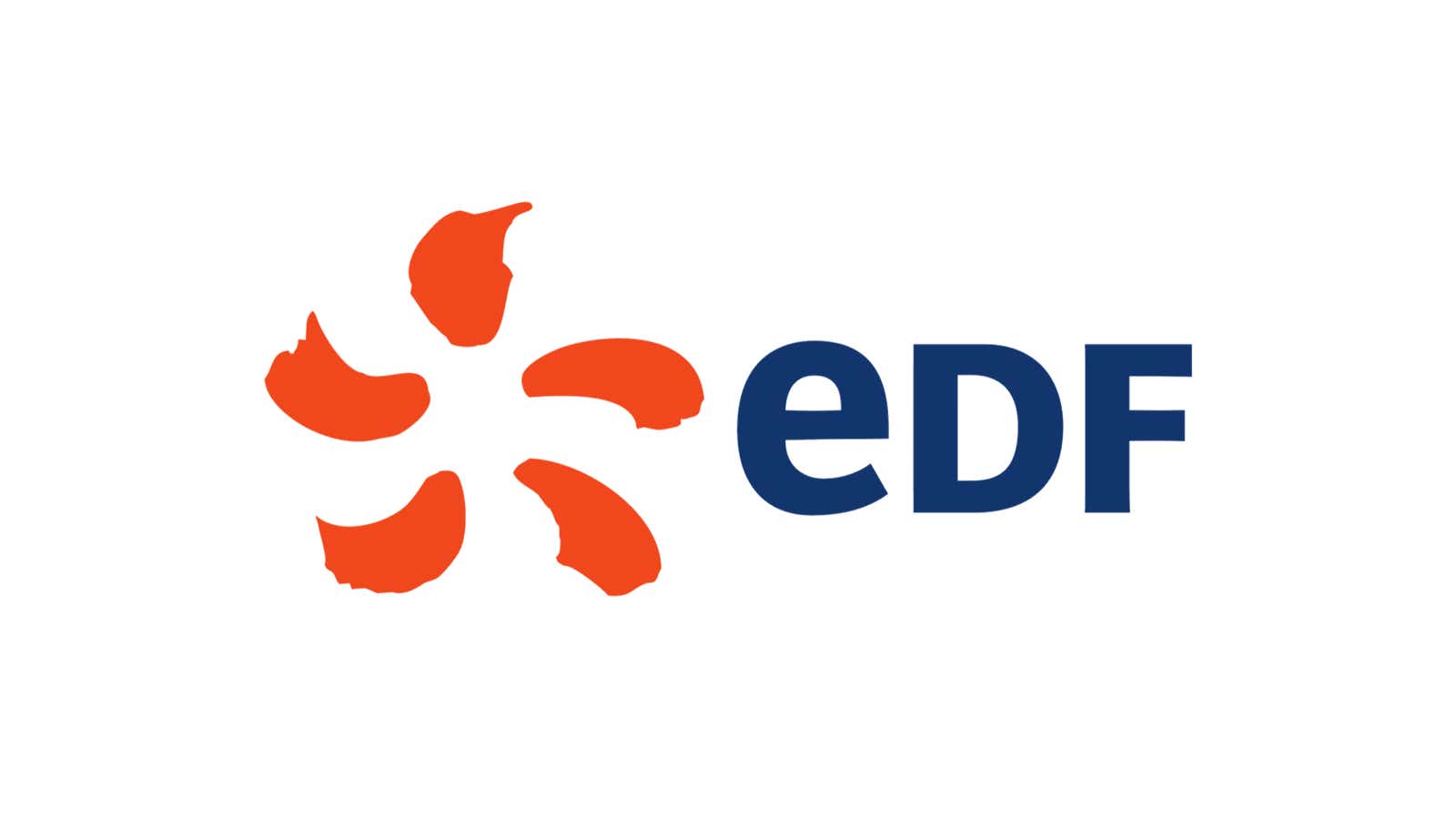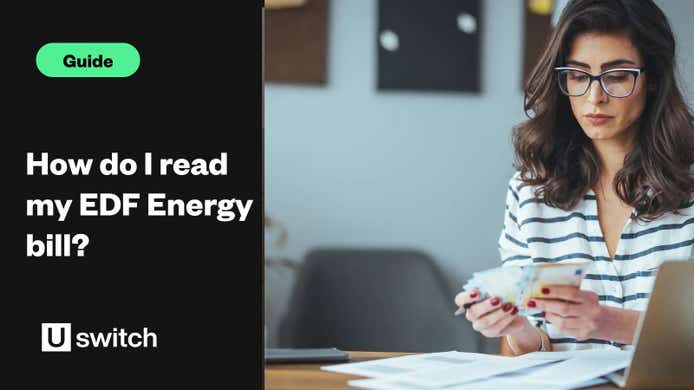Have EDF prices risen in 2024?
EDF standard variable prices have risen once in 2024 in line with the energy price cap.
EDF standard variable energy tariffs are subject to Ofgem's energy price cap, just like the majority of energy suppliers operating in the UK. The price cap sets the maximum rate suppliers can charge for average use on standard variable tariffs - which are typically the most expensive type of energy plan. Usually customers would be able to switch to a cheaper energy deal if they were rolled onto a standard variable tariff, but this hasn't been an option for the past couple of years.
Energy wholesale prices rose significantly from September 2021 due to various factors such as low wind generation and low reserves of gas. This meant that it cost energy suppliers much more to buy energy than it previously did, so Ofgem raised the energy price cap level (which caps the unit rates customers pay) to an eventual level of £3,549. This affected the majority of customers who had rolled off their fixed deals but had no alternatives to switch to because fixed tariffs had been withdrawn from the market by suppliers.
At that point, the government introduced the subsidised Energy Price Guarantee, which capped unit rates so an average household would pay £2,500 per year, to help customers manage their energy bills. However, the price cap level was then lowered to £2,074, which meant that it began to set the unit rates of standard variable tariffs again. While the price cap level had dropped to £1,834, it then rose to £1,928 for the period from 1 January to 31 March 2024.
| Time period | Price cap level | Energy Price Guarantee level | EDF standard variable price |
|---|---|---|---|
| April 2019 - October 2019 | £1,254 | N/A | £1,254 |
| October 2019 - April 2020 | £1,179 | N/A | £1,177 |
| April 2020 - October 2020 | £1,162 | N/A | £1,162 |
| October 2020 - April 2021 | £1,042 | N/A | £1,042 |
| April 2021 - October 2021 | £1,138 | N/A | £1,138 |
| October 2021 - April 2022 | £1,277 | N/A | £1,277 |
| April 2022 - October 2022 | £1,971 | N/A | £1,971 |
| July 2023 - October 2023 | £1,976 | £3,000 | £1,976 |
| October 2023 - January 2024 | £1,834 | £3,000 | £1,834 |
| January 2024 - April 2024 | £1,928 | £3,000 | £1,928 |
Highlighted rows denote the periods where the Energy Price Guarantee was subsidising customers' energy bills.
Can I do anything about EDF price rises?
All customers with a standard variable tariff plan from EDF will be impacted by the price reduction (the majority of its current customer base). If you're fortunate enough to be on a fixed plan from EDF, your rates will stay the same for the remainder of the contract. But remember that you'll automatically be rolled onto a standard variable tariff when your fixed deal ends.
You can see the limited fixed deals that are available by running an energy comparison here.
Which energy suppliers have changed their prices in 2024?
You can read about previous price changes from other suppliers below:
Will EDF's prices rise in 2024?
Yes - the energy price cap will come down to £1,690 for the period from 1 April to 30 June 2024, and EDF's prices will have to follow suit.



